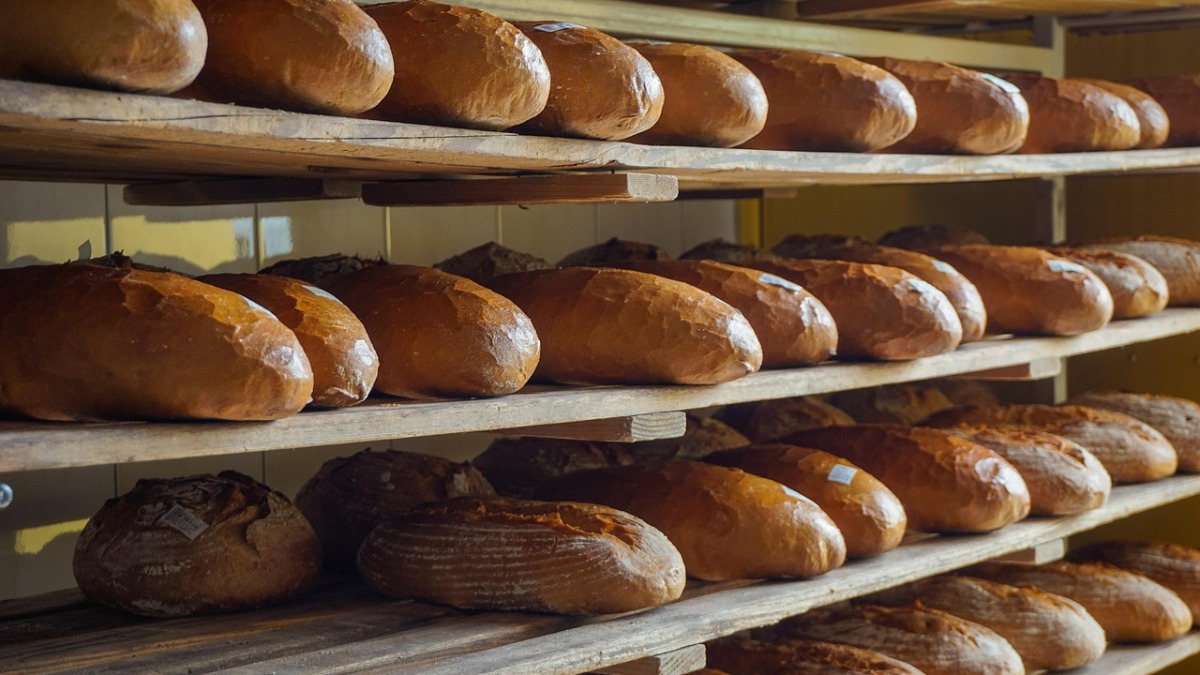The price of basic white bread in Montenegro has increased by five cents to 85 cents. The Bakers’ Association states that the price increase is inevitable due to a drastic rise in production costs, including a roughly 20% increase in the prices of raw materials such as wheat, oil, sugar, packaging, and fuel. Additionally, labor costs have significantly increased, and a shortage of workers further complicates production. A representative of the Bakers’ Association emphasizes that bakers are not making a profit at the current price but are barely covering production costs. Citizens express dissatisfaction with the additional strain on household budgets, as their wallets are already thinner due to general increases in food and fuel prices.
Political Perspectives:
Left: Left-leaning reports tend to emphasize the impact of rising bread prices on ordinary citizens, highlighting the strain on household budgets and the broader issue of inflation affecting essential goods. They may also critique the economic conditions leading to increased production costs and call for government intervention to protect consumers.
Center: Center-leaning coverage focuses on presenting the facts about the price increase, explaining the reasons given by the Bakers’ Association such as rising raw material and labor costs. It tends to balance the perspectives of both producers and consumers, acknowledging the challenges faced by bakers while also noting public dissatisfaction.
Right: Right-leaning narratives often stress the market-driven nature of the price increase, emphasizing that the price adjustment is a necessary response to increased costs and that the Bakers’ Association is not profiting excessively. They may argue against excessive government interference, promoting free market principles and the importance of allowing prices to reflect true costs.




